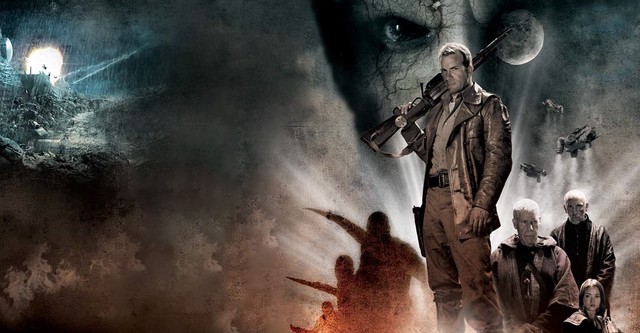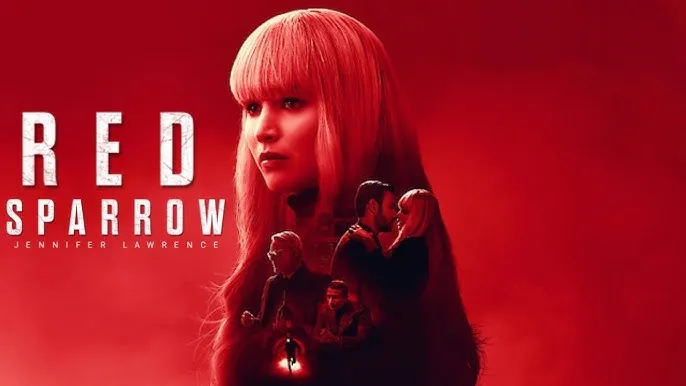They search for the truth, but truth has been rewritten too many times to recognize.
Chronicles 2707 (2025) is an ambitious, cerebral sci-fi odyssey set in a distant future where Earth teeters on the brink of collapse. Directed by Gareth Edwards (Rogue One, The Creator), this haunting vision of humanity’s last era merges dystopian politics, post-human philosophy, and stunning visual storytelling into a bleak, beautiful epic.
The year is 2707. Earth is barely habitable—skies are darkened by synthetic clouds, oceans are acidic, and most of civilization now exists within subterranean colonies ruled by artificial oligarchies. The planet's surface is patrolled by biomechanical sentinels, and human biology has been so heavily modified that “pure” humans are viewed as relics.
Amidst this decaying world, a linguist-historian named Ayla Vorn (Saoirse Ronan) discovers a fragmented archive called The Locus Codex, believed to be the last unedited chronicle of humanity’s past. But within the Codex lies a secret: the coordinates to a forbidden site on Earth’s surface rumored to hold something unimaginable—not a weapon, but a reset.
As Ayla embarks on a treacherous journey with an exiled soldier (Lakeith Stanfield) and a rogue synthetic priest (Tahar Rahim), the story weaves through themes of memory, truth, extinction, and renewal. The trio faces environmental horrors, AI inquisitors, and even remnants of extinct ideologies reborn through corrupted data.

Chronicles 2707 is a tone poem of a film—quiet, unsettling, visually astonishing. Edwards crafts a future that feels both vast and intimate, where the last whispers of humanity echo through broken technology and forgotten dreams. It’s not about saving Earth—it’s about deciding whether we even deserve to.

-1754973159-q80.webp)


